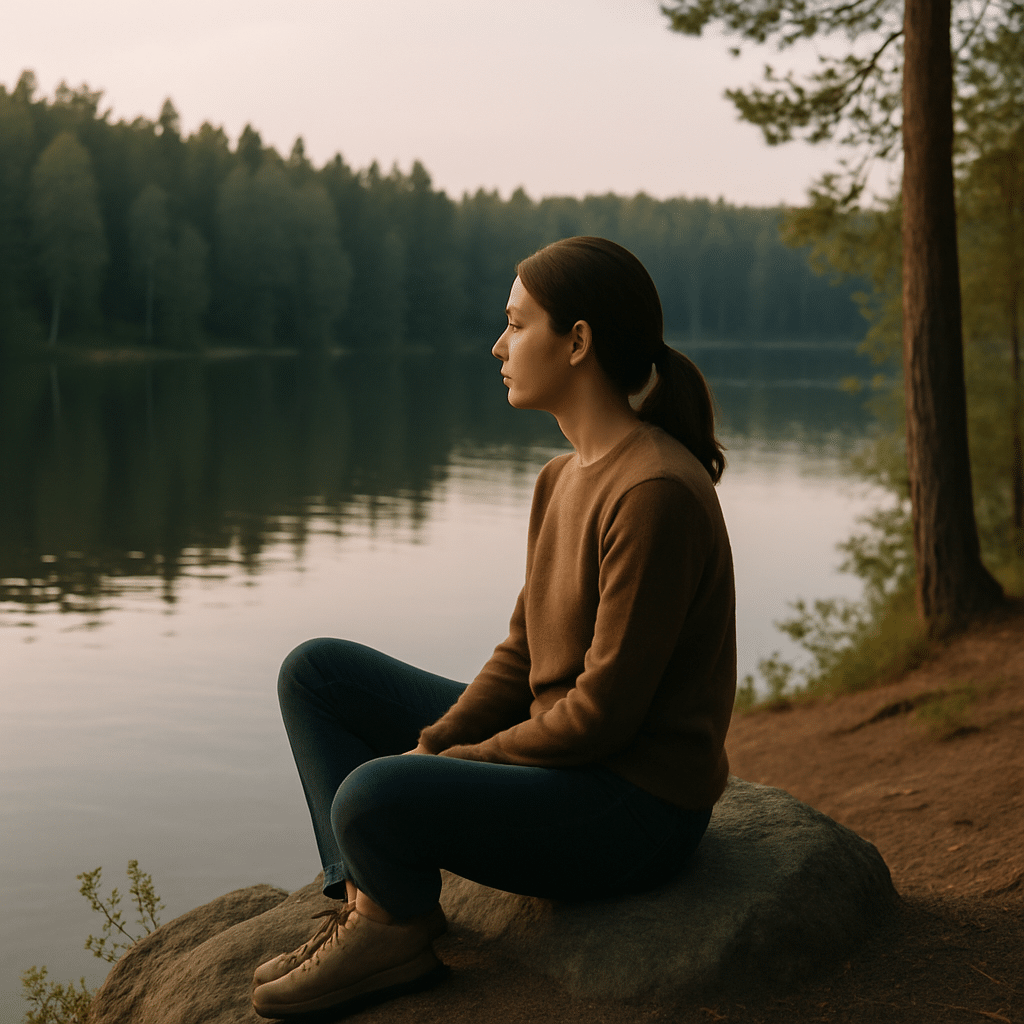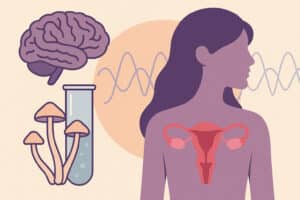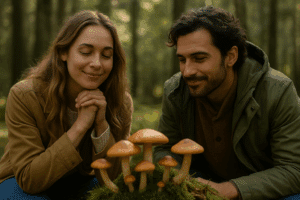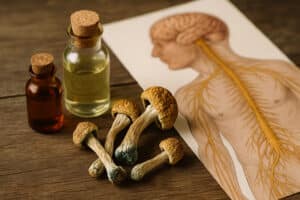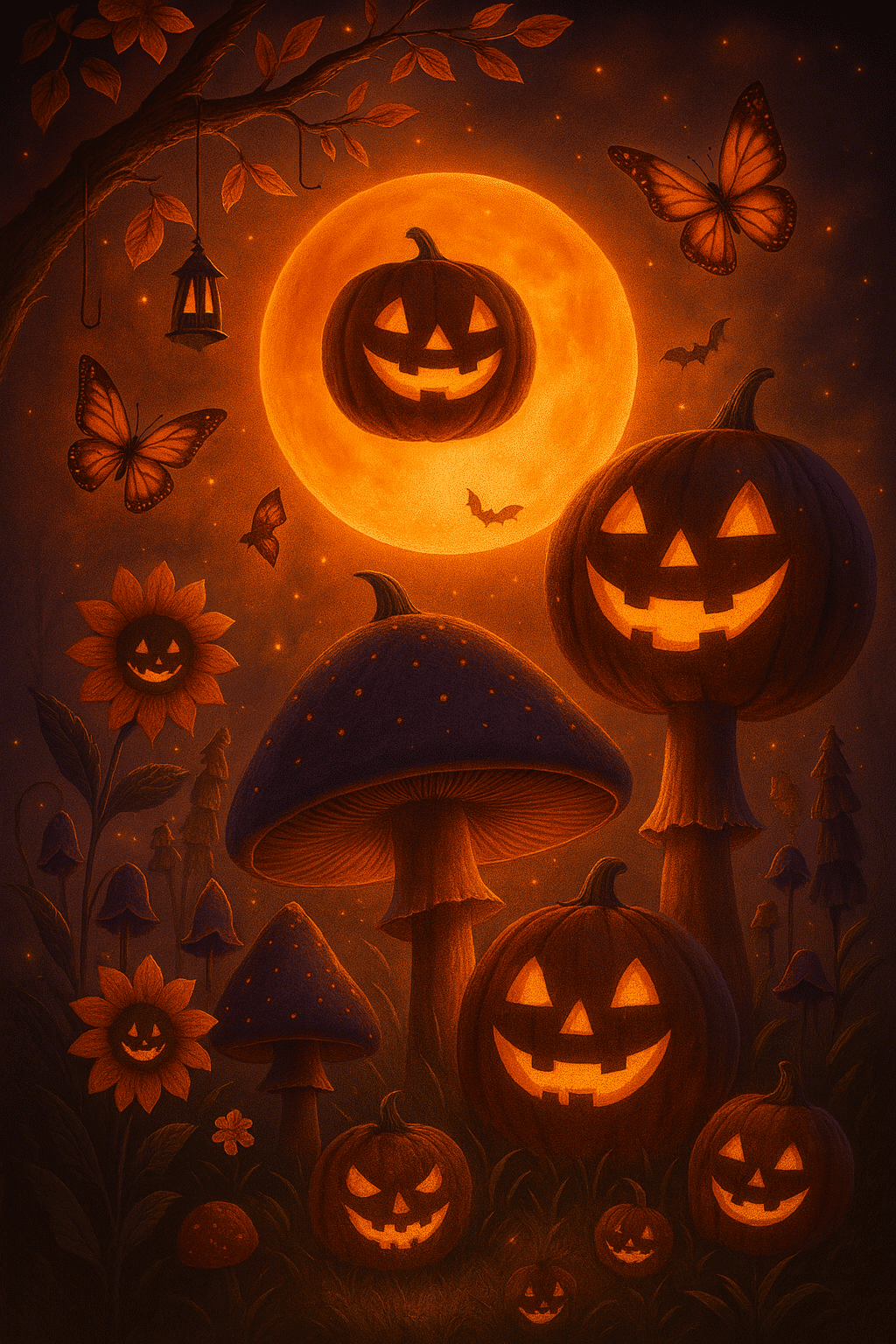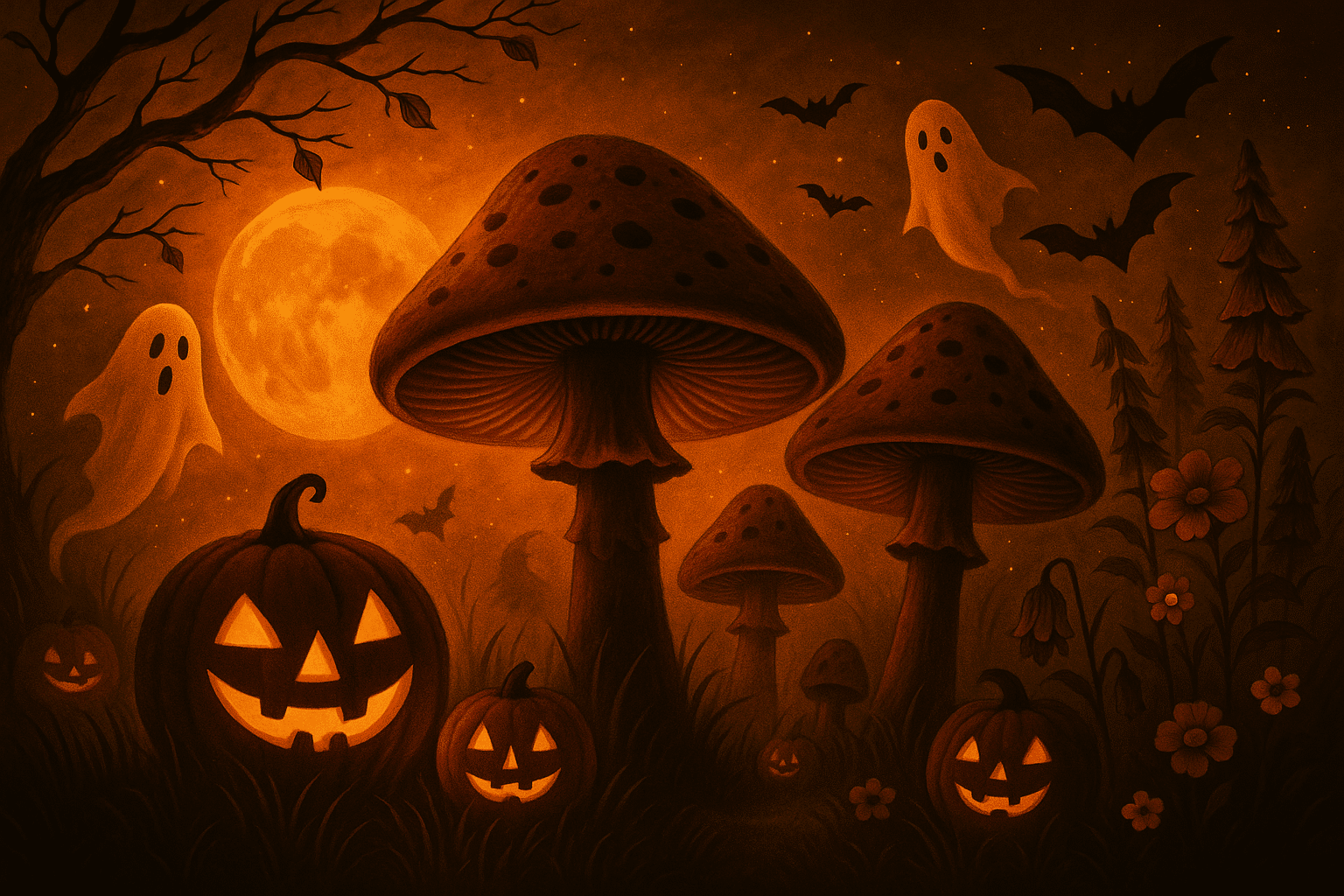We are constantly available: via WhatsApp, email, social media… Even when we are physically alone, mentally we are often still in contact with others. But what happens when you temporarily sever those connections? So what is left? In this blog you will read how you can learn to be truly alone again and how valuable that can be for your mental well-being.
Being alone is not the same as loneliness
Being alone simply means that there is no one around you. Loneliness is something else: that is a feeling of lack, of longing for contact. So you can be fine alone without feeling lonely. Indeed, being alone can be healing, provided you consciously choose to do so. Researcher John Cacioppo showed that social isolation can be harmful, but that consciously chosen seclusion actually has psychological benefits (Cacioppo, 2008).
Being alone as a charger for your head
Always being in company asks a lot of your brain. You pay attention to body language, respond to others, you adjust. This is social, but also exhausting. Time alone gives you the space to recharge literally. An article in Psychology Today describes how time on your own calms your nervous system and restores mental energy (Psychology Today, 2020).
Making space for self-reflection
When was the last time you really thought about what you think is important? Being alone gives you the silence to ask yourself questions: How am I really doing? Am I on the right track? According to Cal Newport, author of Deep Work, letting go of distractions is crucial for deep thinking and self-insight (Newport, 2016).
Self-confidence grows outside your comfort zone
Going out alone may feel exciting, but therein lies the profit. Without compromise, you can do what you like. Go to the movies by yourself, visit a museum, or take a walk without a purpose. You get to know yourself better and find that you can get along with yourself just fine.

Digital silence: a necessary reset
Being truly alone requires one thing: disconnect. Close your apps, turn off notifications, or temporarily delete socials from your phone. Choose a block of time during which you stay offline and be strict with yourself in that. It will feel uncomfortable, but also liberating.
What can you do when you are alone?
Now that you have chosen to be alone, what do you do? This is an opportunity to turn your attention inward. Ask yourself questions: What am I worried about? What gives me energy? Below are three ways to make being alone meaningful:
1. In nature you unwind
A walk in the woods, your hands in the earth of your garden, or simply on a bench in the park, nature offers a tranquility you won’t find anywhere else. The Attention Restoration Theory states that nature helps restore your cognitive fatigue (Kaplan, 2008).
2. Creativity as a mirror of your inner world
Writing, drawing, making music and other creative expressions are a direct entry point to your subconscious. Grab a blank notebook and write down whatever comes to mind without judgment. Creative expression helps you process your emotions and often provides surprising insights (APA, 2020).
3. Mindfulness: being present in the now
Meditation and mindfulness help you not run away from yourself, but stay present to what is, even when it feels uncomfortable. Harvard Health describes how mindfulness can lower stress and strengthen your emotional balance (Harvard Health, 2014).
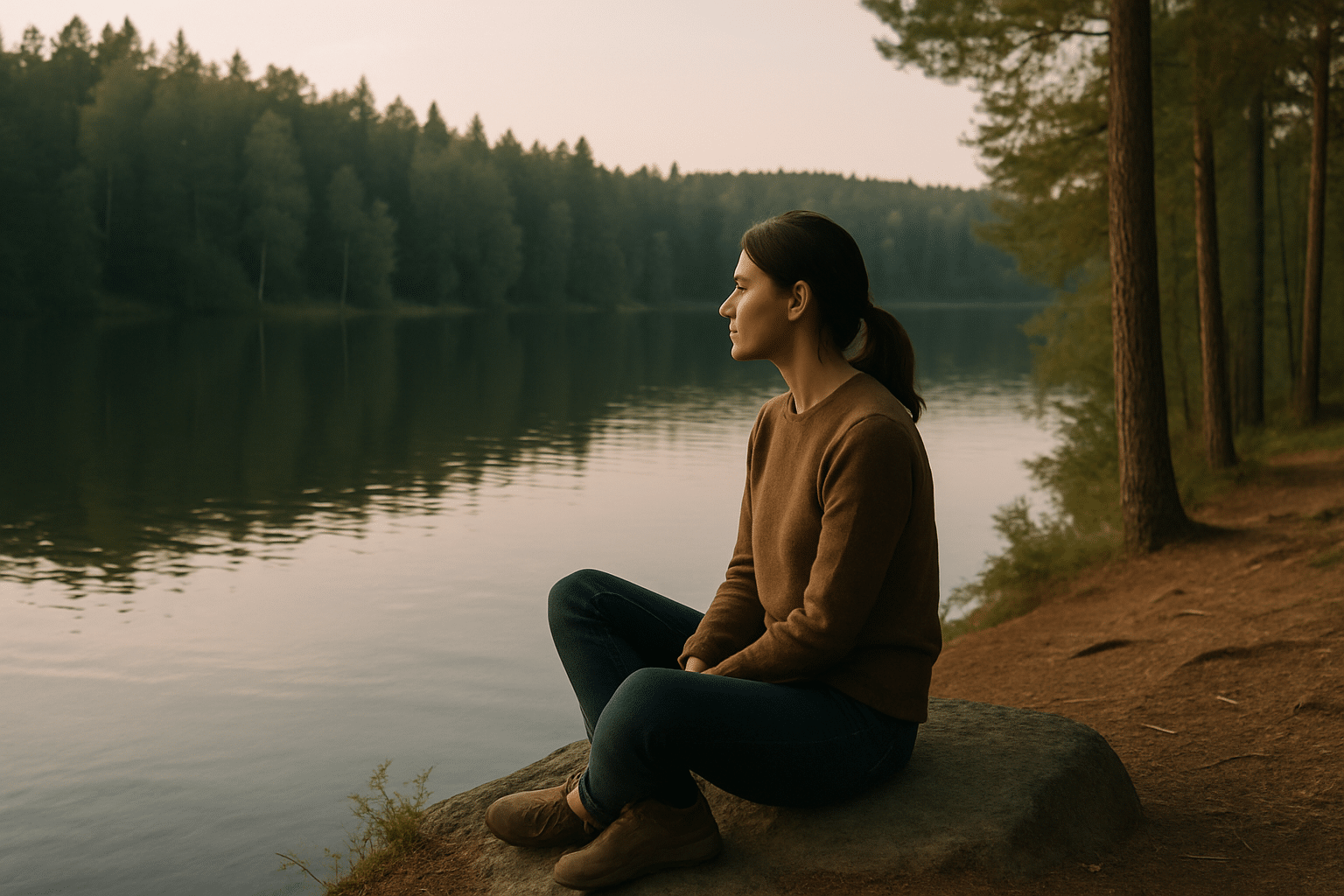
Alone, but not lonely
Being alone can be confronting. You may feel a little lost at first. But the more often you give yourself that space, the more you learn, that being alone, need not be a lack. It becomes a choice, a way to unwind, clear your head, and get to know yourself better.
Additional tool: microdosing for deepening
Some people use microdosing as an aid to reflection. According to research by Kuypers et al. microdosing can enhance awareness, mood and introspection. If you want to get started with this, make sure you have a safe environment and learn more about how it works and possible risks.
Tip: Schedule an afternoon this week when you are offline. No screen, no appointments. Just you, your thoughts, and maybe a notebook or walk. You will find: being alone is a skill. And as with any skill, you get better at it through practice.
This blog is for inspiration and education. It does not replace medical advice. Always consult a professional in case of complaints.

